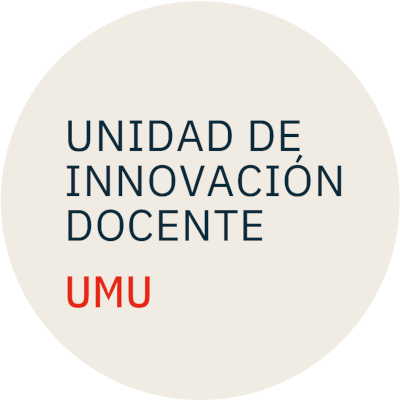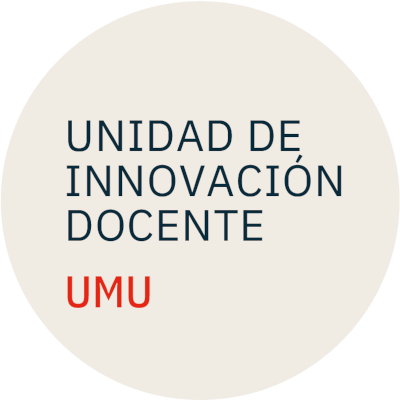English Language Teaching: History, Approaches and Methods
Degree
Name of the course: English Language Teaching: History, Approaches and Methods
Code: 1558
Year: 4th
Type: Compulsory
Mode: Face to face
Estimated student workload:
ECTS Credits: 6
Semester: Semester, 2nd Semester
Languages: English
BA: English Studies
Date: 29 sep 2013
Academic course: 2012-2013
Teaching staff
- Raquel Criado
- Aquilino Sánchez
Department
Department of English Philology
Faculty of Humanities
Unversity of Murcia
Prerequisites
None.
Description
This course aims to present a critical and analytical historical overview of the methods used in teaching foreign languages to young students and adults, especially as applied to English Language Teaching (ELT). While the study of concepts and general issues around teaching and learning will be brief until the 19th century, from this century onwards the main methods used will be analysed in more detail. The theoretical/informative presentation of methods addresses the theoretical and practical implications in the use of each method in ELT, and will always be accompanied by its practical application to real situations (audiovisual classes and / or written materials). This application will be made from the point of view of (i) teaching materials developed by each method, and (ii) their application in the classroom. In this way, the relevance and influence of the methods being studied will be analysed.
Each of the sections of the menu for this course at the OCW Portal is subject to the corresponding flexibility with respect to the needs arising from the students themselves and therefore of the teaching practice.
Aims
University of Murcia general competences
- Ability to work in a team and to interact with other people in the same or different professional field [General competence 6]
- Development of skills for introduction into research. [General competence 7]
Course-specific competences and their relation with the degree-specific competences
- Competence 1 (3.1.5. B8). To be able to face the various professional tasks related to the teaching of English.
- Competence 2 (3.1.5. B16). To be able to understand the different mechanisms and methods that are used or have been used by humans to acquire and teach a foreign language, specifically English.
- (A 15). Knowledge of the main applications of English to disciplines related to human activity and its different realities, especially to the principles and specific problems of English learning and teaching, as well as the historical development of this field and the theories and methods that have been applied.
Methodology
| Activity | Methodology | Number of class hours |
Student hours (self – study) |
Workload |
|---|---|---|---|---|
| Course Presentation | Lectures | 1 | 0 | 1 |
| Theoretical presentation and Type A Practice Activities |
|
40 | 40 | 80 |
| Type B Practice Activities |
|
15 | 25 | 40 |
| ECTS Tutorials | Group tutorials for help and advice | 2 | 5 | 7 |
| Summative Assessment | Written exam (multiple-choice- option test) | 2 | 20 | 22 |
| 60 | 90 | 150 150/6=25 |
Methodology observations:
The methodology to be implemented in the classroom will consist of "participative lectures” and "practice sessions", which in turn are divided into two types: Practice Activities Type A and Practice Activities Type B.
The "participative lecture" will be the methodological strategy used in the theoretical and practical presentation of the contents of the course, where the following two modes of teaching will be applied: deductive, with teachers as the main sources of information/explanation, and inductive, through which certain practice activities are conveniently interspersed in the explanation, so that students acquire specific theoretical/practical content by themselves. These practice activities contributing to the development of the “participative lectures” are called Type A Practice Activities.
In the official practice sessions, Type B Practice Activities will be implemented, their objective being that students are able to apply and expand their acquired knowledge in the participative lectures and to exercise their prior knowledge and reasoning ability, as well as to start their self-study related to any topic. In order to promote cooperative learning, most Type B Practice Activities will take place in groups, in the classroom or outside it, as indicated by the teachers.
Also, during the course, students may attend individual or group tutorials of an optional nature, to clarify doubts or questions concerning the practice activities or any other aspect related to the course.






